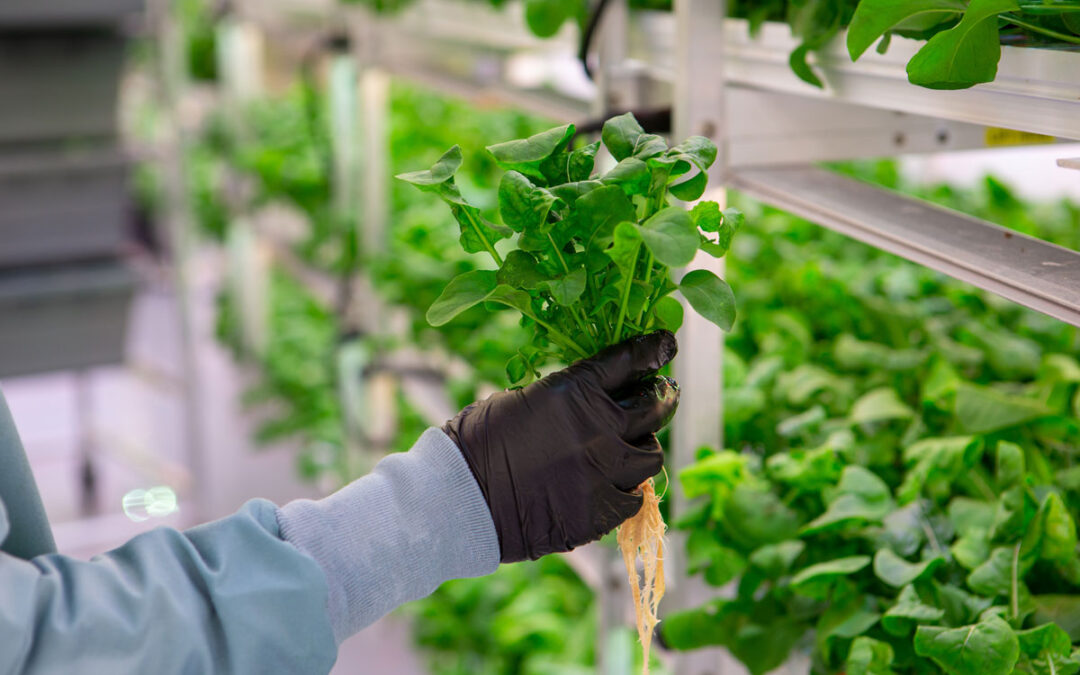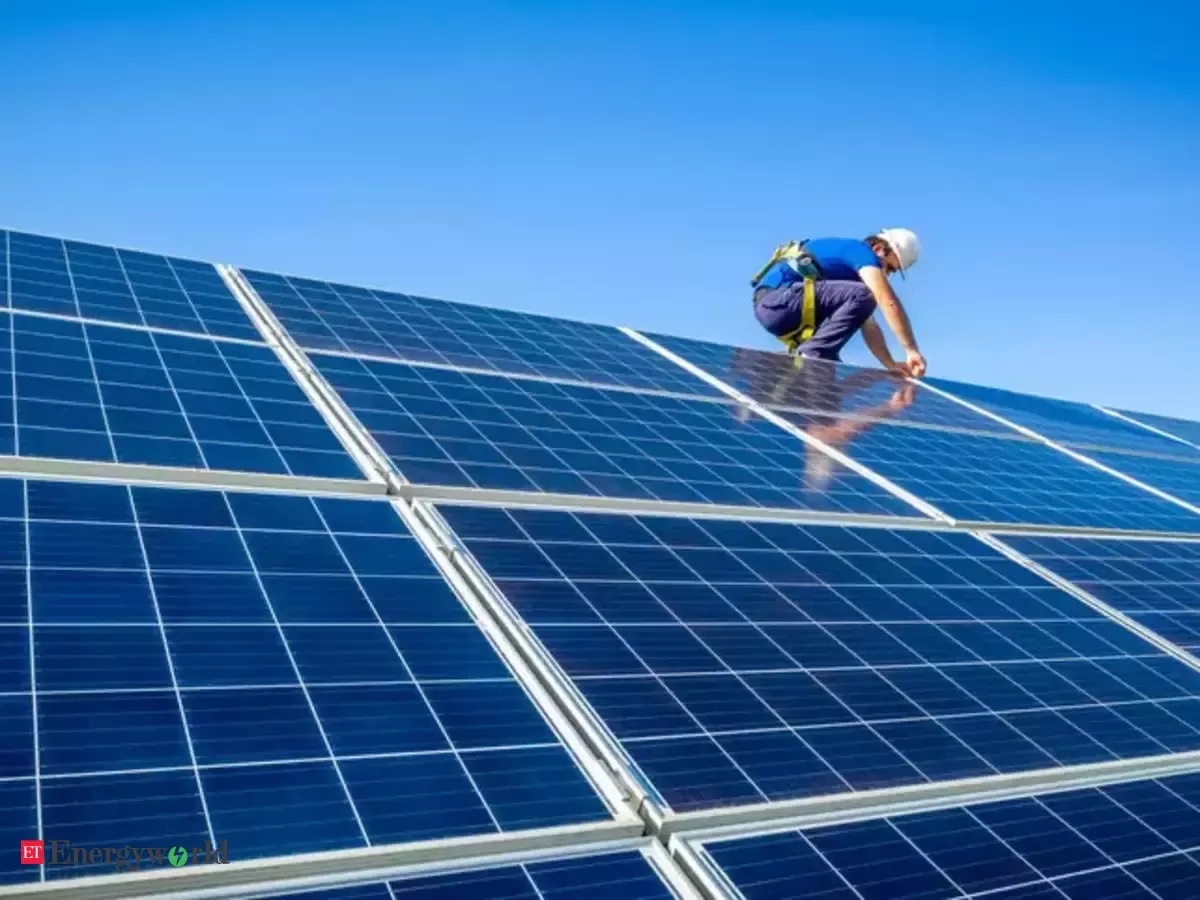Hydroponic farming is the term used to refer to farming done without the use of soil. The many benefits of hydroponics have made it a popular choice among farmers all over the world. Understanding how this type of farming works makes it easy for anyone to see why more and more people are choosing to take up hydroponic farming as a hobby or profession.
The Basics of Hydroponic Farming
Hydroponic farming is a form of growing plants that uses mineral nutrient solutions instead of soil. In this type of farming, the plants are submerged in the solution and absorb nutrients directly from it through their roots. It can be done in different ways with varying degrees of complexity. Hydroponics also has the advantage of being able to grow plants in places where the soil is scarce or non-existent, which is why it has become popular in desert regions, for example. It can be done on a commercial level as well, however, with large farms being able to produce thousands of tons of veggies each year.
The Advantages of Hydroponic Farming
There are several advantages to hydroponic farming, beginning with the fact that plants can be grown in places where the soil is scarce or non-existent. With this form of farming, the plants do not have to draw nutrients from the soil; they get all they need through the solution they are submerged in. This makes it possible to grow even delicate plants like tomatoes and other fruits, which normally require specific types of soil for optimal growth. Another advantage is that hydroponics allows farmers to increase crop yields by 50% to 200%.
This form of farming also allows farmers to save on water as well as fertilizer. As a result, less water is also needed, resulting in lower irrigation costs. As for nutrients, hydroponic farmers do not need to buy as many fertilizers since these nutrient solutions provide all their plants need.
When it comes to harvesting, hydroponics has an advantage over other forms of farming as well. More air reaches their roots since the plants are not covered by soil. This means that there will be less damage done to the leaves during harvests, which in turn results in improved shelf life for harvested crops. This also makes hydroponics a good choice for locations where sunshine is limited.
Growing Hydroponic Plants
Hydroponics is not as difficult as it seems. It actually makes growing plants easier and more efficient, allowing farmers to produce more crops in a smaller area. According to the hydroponic experts at Progrow, as long as the farmer knows what he or she is doing, hydroponic farming can be quite profitable.
Closing Thoughts
Understanding the basics of how hydroponics works and why people all over the world are choosing it over traditional farming makes it easier for everyone to see why more and more farmers are choosing this type of farming. With the many benefits that come with hydroponics and the ease of setting up a hydroponic system, you can be sure that this form of farming is here to stay.





